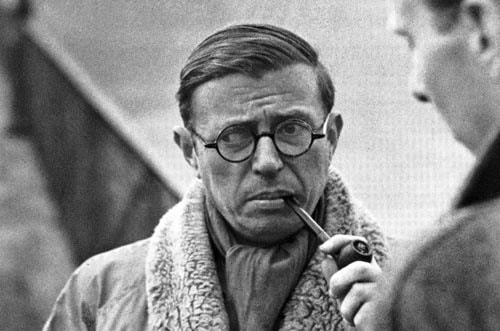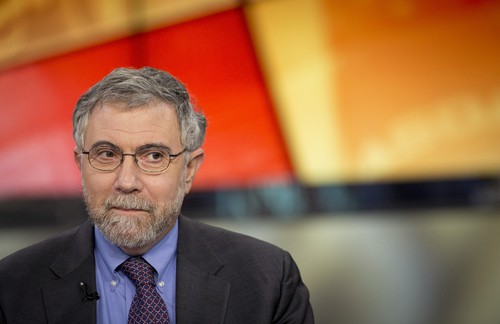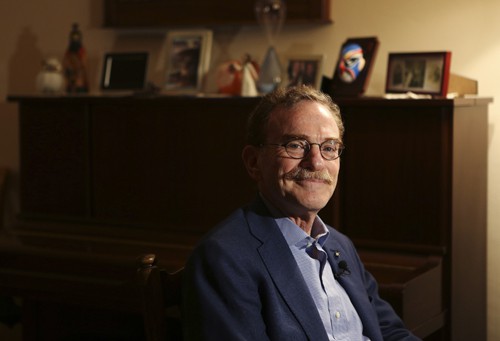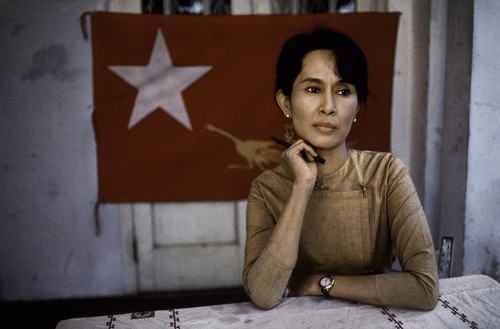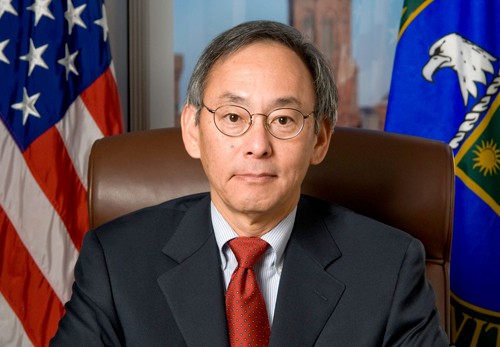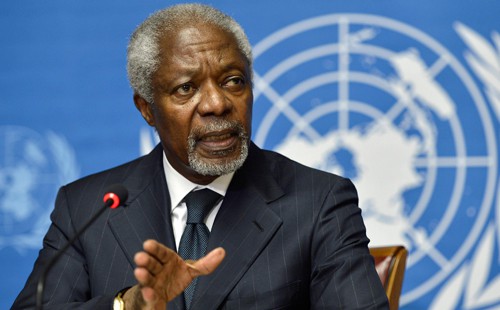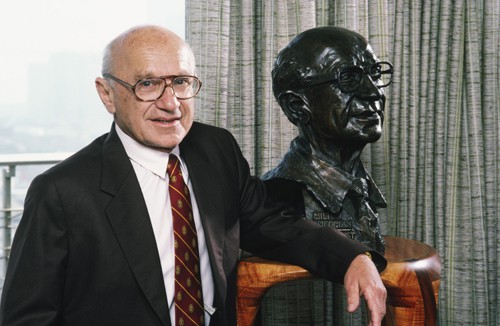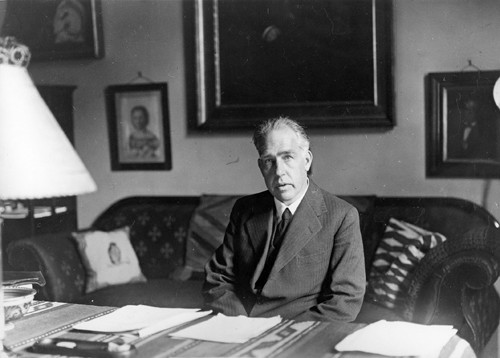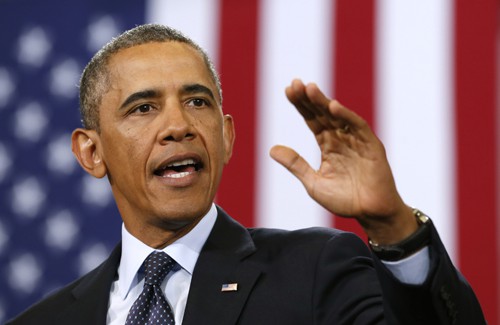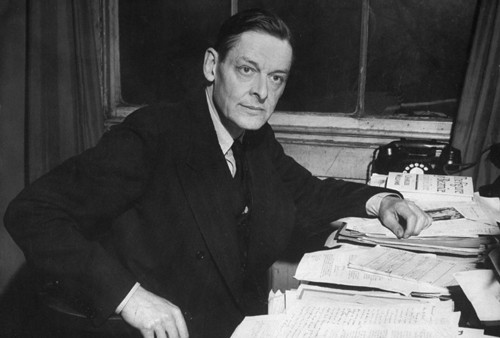什么意思? 哈佛和斯坦福,耶鲁的Official Number为什么比NON Official的差那么多,只有1/2,甚至1/3?
https://www.bestmastersprograms.org/50-universities-with-the-most-nobel-prize-winners/
10. University of Paris – Paris, France
Nobel winners: 51
The University of Paris is one of Europe’s oldest universities, being founded in the 12th century. Historically known as the Sorbonne, the college was split into 13 independent institutions in 1970. However, even though it doesn’t exist anymore as a single entity, the University of Paris is affiliated with 51 Nobel Prize winners. Famous laureates include physicists Pierre-Gilles de Gennes (1991), Georges Charpak (1992), Claude Cohen-Tannoudji (1997), Albert Fert (2007) and Serge Haroche (2012), economists Gérard Debreu (1983) and Maurice Allais (1988), virologist Luc Montagnier (2008), iconic French philosopher Jean-Paul Sartre (1964) and pioneering scientist Marie Curie (1903, 1911), the first and only multiple female winner. Sartre famously turned his Nobel Prize down, explaining, “The writer must… refuse to let himself be transformed into an institution.”
9. Yale University – New Haven, Connecticut
Nobel winners: 52 (official 25)
Exclusive Ivy League institution Yale University was first established in New Haven, Connecticut in 1701. The college, originally known as the Collegiate School, was founded by clergymen as a facility to train local leaders and priests. Yale’s list of Nobel Prize-winning graduates is comprised of distinguished individuals from several fields: physicists Ernest Lawrence (1939) and Murray Gell-Mann (1969), Chemistry winners John B. Fenn (2002) and Brian K. Kobilka (2012), “father of modern vaccines” John F. Enders (1954), biologist Joshua Lederberg (1958), noted economist Paul Krugman (2008) and writer Sinclair Lewis (1930), the first American-born individual to win the Nobel Prize in Literature. In 2013, highly influential Yale University professor Robert J. Shiller was awarded the Nobel Prize in Economics, while James E. Rothman, Yale’s Department of Cell Biology professor and chair, was honored in the Physiology or Medicine category.
8. Stanford University – Stanford, California
Nobel winners: 58 (official 27)
Stanford University, which opened in 1891, was founded by railroad tycoon and ex-politician Leland Stanford and his wife Jane. The Stanfords met with Charles W. Eliot, president of Harvard University at the time, to work out the financial cost of replicating Harvard in California. Stanford’s Nobel-winning graduates include economist Alvin E. Roth (2012), Chemistry winners Roger D. Kornberg (2006), physicists Carl Wieman and Eric A. Cornell (jointly in 2001), economist John C. Harsanyi (1994) and biologist Randy W. Schekman (2013). In 1972, former Stanford professor Kenneth J. Arrow became the youngest laureate in Economic Sciences at the age of 51 – a record that still stands today. In 2013, Thomas C. Südhof – who has been called “a biomedical exceptionalist” – received the Nobel Prize in Physiology or Medicine. That year, current Stanford professor Michael Levitt also shared the Nobel Prize in Chemistry for his role in “the development of multi-scale models for complex chemical systems.”
7. University of Oxford – Oxford, U.K.
Nobel winners: 58 (official 51)
According to historians, the establishment of prestigious English institution the University of Oxford can be traced as far back as 1096. “As the oldest university in the English-speaking world, Oxford is a unique and historic institution,” writes the university’s official website. Many of Oxford’s Nobel-winning graduates are familiar names: writers T.S. Eliot (1948) and William Golding (1983), influential economist Sir John R. Hicks (1972), penicillin co-developer Sir Howard Florey (1945), neurophysiologist Sir John Eccles (1963), biologist Sir John B. Gurdon (2012), politician Lester Bowles Pearson (1957) and iconic Burmese opposition prisoner Aung San Suu Kyi (1991). Acclaimed Irish poet Seamus Heaney (1995) lectured at Oxford between 1989 and 1994, while chemist and peace activist Linus Pauling (1954, 1962) was a visiting lecturer there in the 1940s.
6. University of California, Berkeley – Berkeley, California
Nobel winners: 69 (official 61)
University of California, Berkeley was founded in 1868, when Oakland’s Agricultural, Mining and Mechanical Arts College joined forces with the College of California, and it’s now the University of California educational system’s oldest institution. Students at Berkeley earned a reputation for political activism in the sixties after their opposition to the Vietnam War, but the college is affiliated with some intellectual heavyweights too. Its Nobel Prize recipients range from physicists Willis E. Lamb (1955) and Steven Chu (1997) to Chemistry winners Harold C. Urey (1934) and William F. Giauque (1949), economist Daniel Kahneman (2002) and Physiology or Medicine winners Selman A. Waksman (1952) and Andrew Z. Fire (2006). In 2013, Chu, who served as Secretary of Energy for four years under U.S. president and Nobel Peace Prize winner Barack Obama, returned to Berkeley as a professor of physics and molecular cell physiology. Alumni Libby, Kahneman and Giauque also became staff members.
5. Massachusetts Institute of Technology – Cambridge, Massachusetts
Nobel winners: 83 (official 78)
The Massachusetts Institute of Technology (MIT) was established in 1861 and is well known for its pioneering contributions to engineering and the physical sciences. MIT has also spawned numerous successful entrepreneurs, companies and inventions. The school is extremely selective, and traditionally it prioritizes engineering, technological and scientific investigation. Recently, it has also excelled in economics, linguistics, management and biology. Affiliated Nobel laureates include economists Paul Krugman (2008) and Robert J. Shiller (2013), diplomat Kofi Annan (2001), pioneering chemists Robert B. Woodward (1965) and Elias James Corey, Jr. (1990), physicists William Shockley (1956), Richard P. Feynman (1965), Murray Gell-Man (1969) and Robert B. Laughlin (1998) and joint winners Carl E. Wieman and Eric A. Cornell (2001). Ghanaian Annan, who earned a Master of Science degree at MIT, went on to become United Nations Secretary-General, a post he held from 1997 until 2006.
4. University of Chicago – Chicago, Illinois
Nobel winners: 89
Buoyed by a grant from John D. Rockefeller and a donation of land by department store entrepreneur Marshall Field, the American Baptist Education Society established the University of Chicago in 1890. Since then it has been influential in economics, sociology, law, literary criticism and physics. Their roll call of graduate Nobel winners features economists Milton Friedman (1976), George J. Stigler (1982), Harry M. Markowitz (1990) and Gary S. Becker (1992), and physicists Luis Alvarez (1968) and Jack Steinberger (1988). According to The Economist, Friedman is “the most influential economist of the second half of the 20th century … possibly of all of it.” U.S. president and Nobel Peace Prize winner Barack Obama lectured in the law school at the university between 1992 and 2004. Nobel Prize-winning writers Bertrand Russell (1950) and J.M. Coetzee (2003) also both served as professors.
3. University of Cambridge – Cambridge, U.K.
Nobel winners: 90
The University of Cambridge actually has its origins in a rival institution, as it is said to have been founded in 1209 by academics that left the University of Oxford following a disagreement. Cambridge is famous for its contributions to mathematics and science, due largely to the achievement of star students such as Sir Isaac Newton, James Clerk Maxwell, Lord Kelvin, Sir Francis Bacon and Nobel winner Lord Rayleigh (1904). The university’s Nobel pedigree extends far and wide: it includes physicists Lord Ernest Rutherford (1908), Niels Bohr (1922) and Abdus Salam (1979), writers Bertrand Russell (1950) and Patrick White (1973), economist Amartya Sen (1998), Peace Prize winner Sir Austen Chamberlain (1925) and Chemistry double winner Frederick Sanger (1958, 1980). Salam is the first Muslim scientist and the only Pakistani winner, while Sanger is only one of two Nobel recipients to win twice in the same field.
2. Columbia University – New York City, New York
Nobel winners: 101 (official 82)
After its establishment in 1754 as King’s College, Columbia University became the fifth university in U.S. history and the first to offer a doctorate of medicine. The exclusive Ivy League university has produced Founding Fathers, Supreme Court Justices, Oscar winners, billionaires and world leaders. Nobel-winning graduates include current U.S. president Barack Obama (2009), physicists Isidor Isaac Rabi (1944) and Julian Schwinger (1965), chemists Herbert A. Hauptman (1985) and Irving Langmuir (1932), biologist Richard Axel (2004) and economists Alvin E. Roth (2012) and Milton Friedman (1976). Former U.S. vice-president Al Gore (Peace Prize winner in 2007) lectured at the college in 2001. Nobel laureate Joseph E. Stiglitz (2001), who once served as World Bank chief economist, is a professor there. Former staff members that have also been recognized include groundbreaking German physicist Max Planck (1918) and writers Gabriela Mistral (1945), Nadine Gordimer (1991) and Mario Vargas Llosa (2010).
1. Harvard University – Cambridge, Massachusetts
Nobel winners: 151 (official 47)
Harvard University is widely regarded as one of the top universities in the world. The exclusive Ivy League college was founded in 1636 as New College, then renamed after philanthropist John Harvard in 1639, and is now renowned for its medical and law schools. Nobel winner T.S. Eliot (1948) spent years at Harvard – first studying philosophy from 1906, then working as a philosophy assistant from 1909 before returning as a student again in 1911. Nobel Peace Prize graduates include key political figures such as Theodore Roosevelt (1906), Ralph Bunche (1950), Henry Kissinger (1973), Al Gore (2007) and Barack Obama (2009). Many of Harvard’s staff has also won awards: Chemistry winner Martin Karplus (2013), writers J.M. Coetzee (2003), Nadine Gordimer (1991), Seamus Heaney (1995) and Mario Vargas Llosa (2010), economists Alvin E. Roth (2012), Amartya Sen (1998) and Kenneth J. Arrow (1972) and Physiology or Medicine winner Linda B. Buck (2004).
